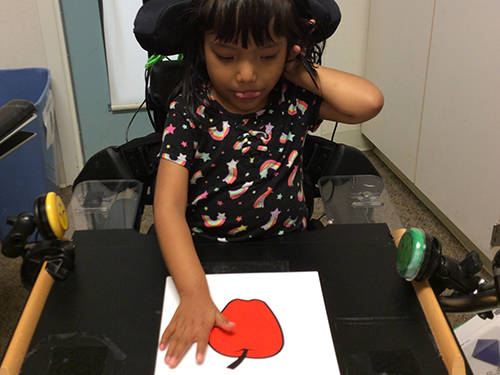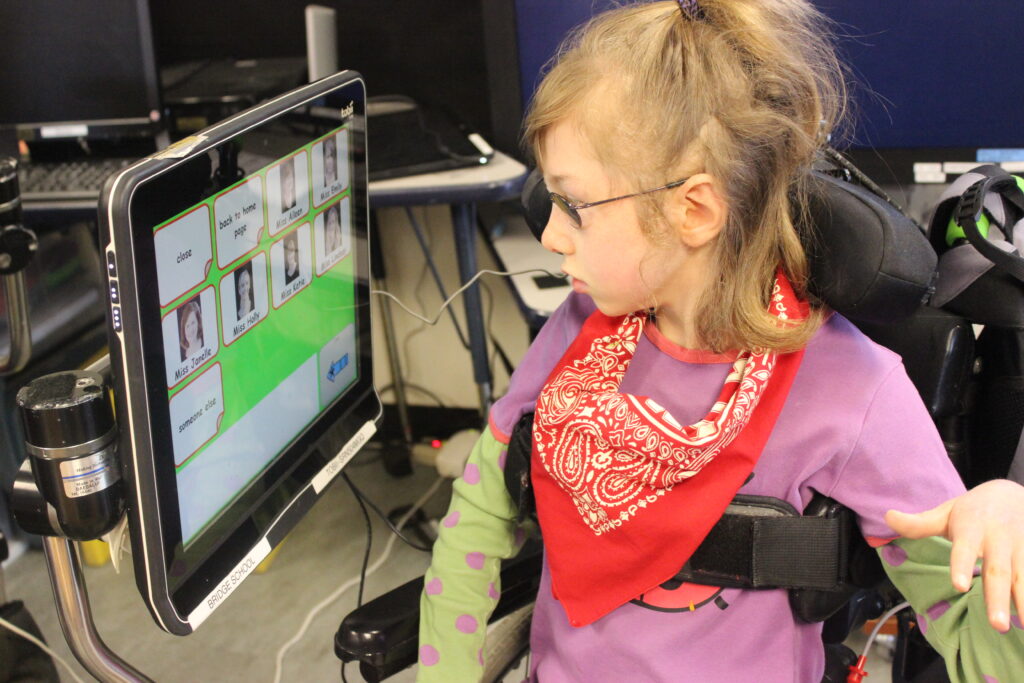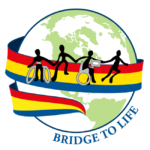

Since its inception, The Bridge School’s long-range planning process has been guided by three key vision elements which we use to judge the relevance and importance of any new programs or projects. In planning for change, we ask the following questions:
Does this project/program:
- promote the universal inclusion of children with severe speech and physical impairments?
- have an impact on the global community and the potential to reach as many people as possible?
- help prepare these children to be active participants in society?
These guiding principles have led us to the next stage in the future of The Bridge School: Bridge to Life
The ultimate goals of Bridge to Life include:
- serving individuals with physical and/or communication impairments from birth through adulthood, locally, nationally and globally
- providing professional development opportunities in our areas of expertise
- contracting with families, agencies and school districts to offer direct services to students with severe physical impairments and complex communication needs to address:
- receptive and expressive language
- augmentative and alternative communication
- Cortical Visual Impairment (CVI)
- positioning and seating
- access through assistive technology
- self-determination and futures planning
- literacy
Currently we are offering:
- CVI assessments and training packages
- Receptive and expressive language assessment and therapy
- Consulting on positioning and seating
- Direct speech and language services for users of augmentative and alternative communication
If you are interested in learning more about services or trainings in these areas, please complete the form below.


